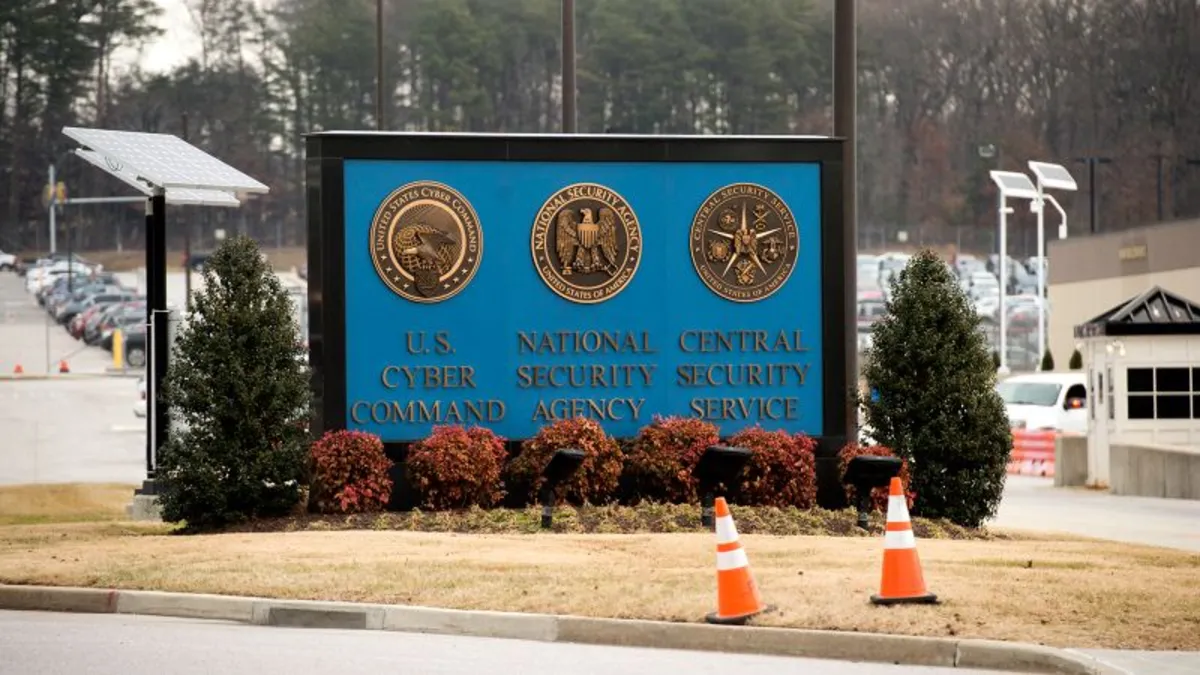
The United States has officially suspended operations and planning for offensive cyber operations against Russia, according to a senior US official who spoke to CNN. This suspension is considered “a major blow,” the official noted, emphasizing that the planning and execution of such operations require significant time and extensive research. The decision raises concerns that this pause may increase US vulnerability to potential cyberattacks from Moscow, which is known for its formidable cadre of hackers capable of disrupting critical infrastructure and collecting sensitive intelligence.
The halt in operations and planning, announced by US Cyber Command—the military’s offensive and defensive cyber unit—comes at a time when the Trump administration is pursuing a broader détente with Russia amid the ongoing conflict in Ukraine. This shift in strategy coincided with a meeting in the Oval Office where President Donald Trump and Vice President JD Vance criticized Ukrainian President Volodymyr Zelensky, throwing the future of the US-Ukraine relationship into uncertainty.
“Due to operational security concerns, we do not comment nor discuss cyber intelligence, plans, or operations,” stated a senior defense official, referring to Defense Secretary Pete Hegseth. The official stressed that ensuring the safety of the warfighter in all operations, including those in the cyber domain, remains the top priority.
The Record was the first to report on Cyber Command’s suspension of planning related to Russia. Jason Kikta, a former Cyber Command official, commented, “It is not uncommon for the Pentagon to pause actions that are potentially destabilizing or provocative for negotiations, including cyber-effects operations.” However, he also warned that if the pause in planning extends, it could render offensive options obsolete and nonviable.
Kikta further added, “Any extended period without checking on access and updating planning risks losing that access or missing a critical change.” He clarified that he was not personally aware of any changes regarding the status of Cyber Command operations.
Current and former US officials indicate that the US and Russia engage in a regular state of confrontation in cyberspace. The Kremlin views cyberspace as a source of asymmetric advantage, allowing it to infiltrate US critical infrastructure and influence elections. Meanwhile, American military and intelligence hackers have increasingly targeted Russian cybercriminals and intelligence operatives.
Since 2016, when Russia employed bots, trolls, and hackers to influence the election in Trump's favor, Moscow has consistently utilized similar tactics in subsequent US presidential elections, according to US officials.
Established over a decade ago, Cyber Command was created to address threats from Russia and other foreign powers. The command has matured significantly since its inception, evolving into a robust force of several thousand computer operatives conducting both offensive and defensive missions. Operating from Fort Meade, Maryland, alongside the National Security Agency, Cyber Command has increasingly become a key instrument for US power projection.
In recent years, Cyber Command has dispatched specialists to assist allies in defending against cyber threats, including a trip to Ukraine in December 2021 to help the nation prepare for anticipated Russian cyberattacks. Following Russia’s full-scale invasion, Cyber Command confirmed its active engagement in assisting Ukraine's defense against cyber threats.
Despite the changes in planning at Cyber Command, another major federal agency, the Cybersecurity and Infrastructure Security Agency (CISA), has stated that it is not altering its cybersecurity posture. CISA, the lead civilian agency for defending federal networks from hacks, declared on social media that its mission is to “defend against all cyber threats to US critical infrastructure, including from Russia.”
“There has been no change in our posture,” the agency affirmed, responding to media reports suggesting a shift in focus toward non-Russia threats. “Any reporting to the contrary is fake and undermines our national security.” This statement underscores the agency's commitment to maintaining robust cybersecurity measures amid ongoing geopolitical tensions.
This evolving situation highlights the complex interplay of cyber operations, national security, and international relations, raising critical questions about the future of US cyber strategy in the face of Russian aggression.